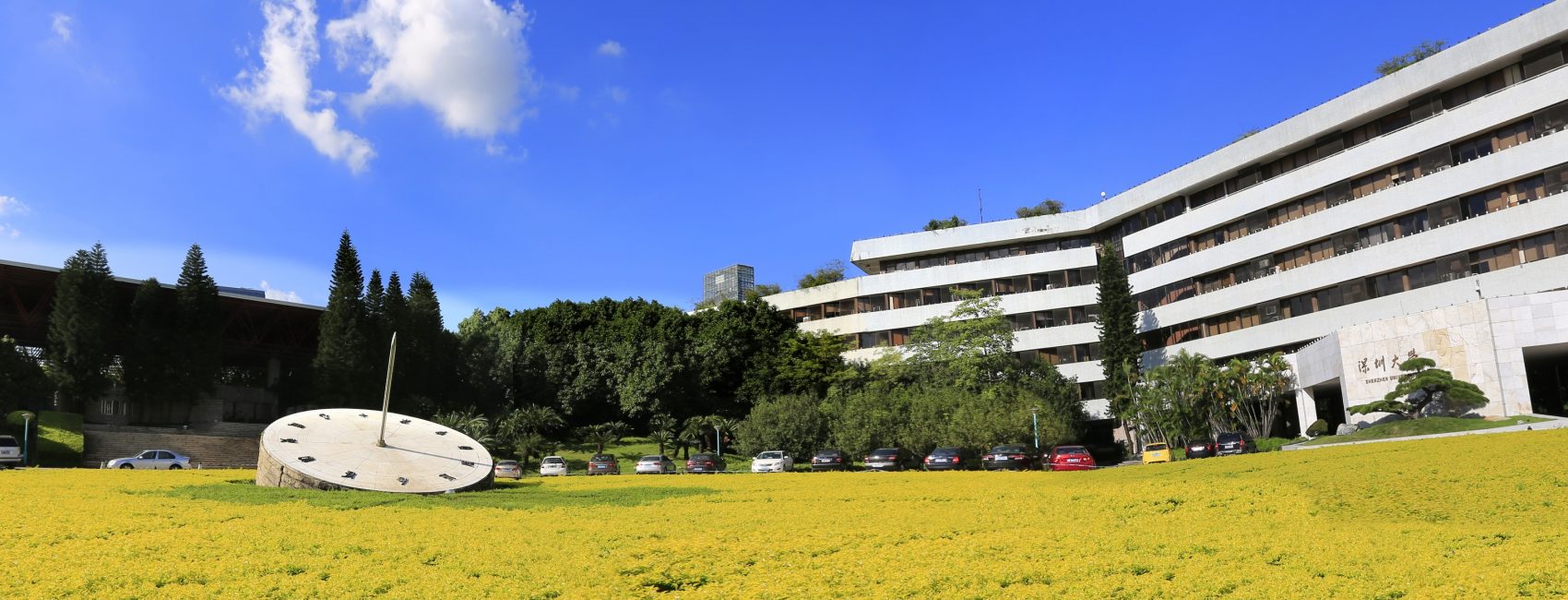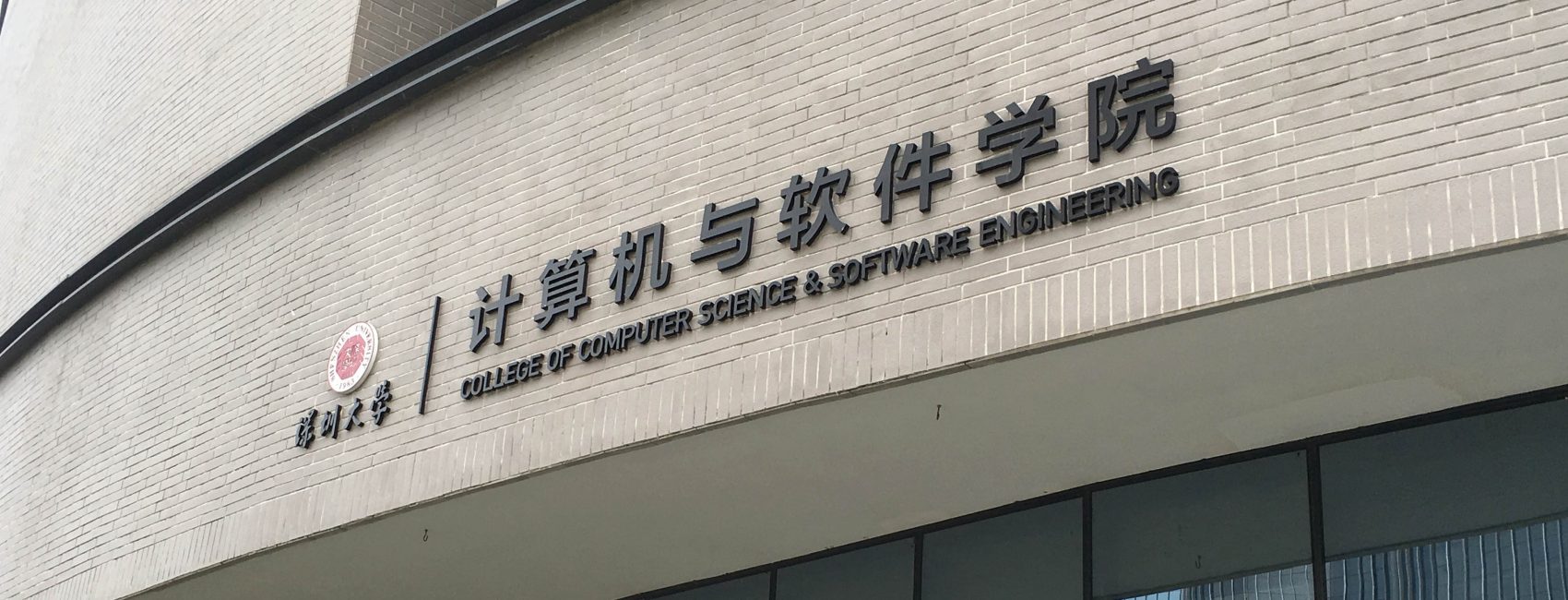IEEE/ASME Transactions on Mechatronics Focused Section On Mechatronics in Unmanned Systems Call for Papers
Introduction
Unmanned systems have been widely applied in the fields of aerospace, ground, surface, and underwater in the past few decades. It is expected that unmanned systems have a more pervasive applications in industry, military, agriculture, logistics, etc., when the most advanced mechatronic technologies are combined with the complex systems engineering. Mechatronic design offers feasible solutions for unmanned systems to operate robustly and efficiently under diverse and difficult environmental conditions, but brings challenges for design, sensing and control. Facing with the growing application demands, this subject has drawn increasing attention in recent years. For this reason, the design, implementation, modeling, control, and optimization of unmanned systems have become urgent issues.
The IEEE/ASME TMECH invites manuscripts for a focused section on “Mechatronics in Unmanned Systems” to report the latest research results, both theoretical and application oriented. The focused section will emphasize mechatronics in unmanned systems, including mechanism design and optimization of unmanned systems, modeling and control of unmanned systems, bioinspired mechatronics in unmanned systems, applications of mechatronic for unmanned systems, etc. It will provide an opportunity for engineers and scientists to exchange their most recent accomplishments in this area. It is expected to consolidate high impact contributions from researchers and developers in the area and thus offer readers a comprehensive view, not only on the present-day issues but also the future horizons. We encourage submissions of both theoretical and experimental works, which would promote further research activities in the area.
Important Dates
| July 1, 2020 | Paper submission deadline |
| October 1, 2020 | Completion of the first-round review |
| November 15, 2020 | Submission of revised paper |
| January 15, 2021 | Final decisions |
| February 28, 2021 | Submission of final manuscript |
| April, 2021 | Publication |
Manuscripts Submission
All manuscripts are to be submitted through the Manuscript Central for IEEE/ASME TMECH at https://mc.manuscriptcentral.com/ tmech-ieee. All manuscripts must be prepared according to the IEEE/ASME TMECH publication guidelines and will be reviewed following the standard IEEE/ASME TMECH review process.
Guest Editors
- Wei He, School of Automation and Electrical Engineering, University of Science and Technology Beijing, China, Email: weihe@ieee.org
- Zhijun Li, Department of Automation, University of Science & Technology of China, China, Email: zjli@ieee.org
- Thomas Meurer, Faculty of Engineering, Kiel University, Germany, Email: tm@tf.uni-kiel.de
- Gianluca Antonelli, University of Cassino and Southern Lazio, Italy, Email: antonelli@unicas.it
- Okyay Kaynak, Department of Electrical and Electronic Engineering, Bogazici University, Turkey, Email: okyay.kaynak@boun.edu.tr
- Toshio Fukuda, Nagoya University, Japan, Email: fukuda@mein.nagoya-u.ac.jp
International Journal of Advanced Robotic Systems
Special Collection on Underwater Image Processing and Target Recognition
Overview
This Special Collection focuses on underwater target imaging and reinforcement via deep learning for robotic systems, addressing both original algorithmic development and new applications of underwater target imaging. This Special Collection invites original papers presenting innovative ideas and concepts, new discoveries and improvements, and novel applications in the selected topics.
The topics covered in this Special Collection include but are not limited to:
- Image reconstruction for underwater target;
- Transfer learning algorithms, reinforcement learning algorithm for underwater target imaging;
- Generative Adversarial Networks (GAN) for underwater target imaging;
- Distributed imaging for multi-AUV systems;
- Target detection, tracking, and alignment in surveillance video frames;
- Unsupervised deep neural network and its applications in underwater image processing
Please submit your paper:https://mc.manuscriptcentral.com/arx
Manuscript Deadline: August 31, 2020
Guest Editor:
Lei Cai
School of Artificial Intelligence, Henan Institute of Science and Technology, China
Email:cailei2014@126.com
Co-Guest Editors:
Zhenxue Chen
School of Control Science and Engineering, Shandong University, Jinan, China
Email:chenzhenxue@sdu.edu.cn
Yu Cheng
Department of Electrical and Computer Engineering, Michigan State University, East Lansing, MI, USA
Email:chengyu9@msu.edu
IEEE Transactions on Artificial Intelligence Special Issue on
Artificial Intelligence for Robotics
The Theme: Artificial intelligence (AI) technologies, covering areas such as cognition, analysis, inference and decision-making, enable robots to act smartly and greatly enhance robots’ capabilities to assist and support humans. As a primary carrier of AI technologies, robotics is one of the domains of applications for AI to demonstrate its strong ability. Augmenting robots with AI technologies for the engineering systems, robots are expected to have more pervasive applications in industry, agriculture, logistics, medicine, and to name but a few. This special issue will be dedicated for AI for robotics, including AI to support human-robot interaction, AI for multi-robot systems, AI learning algorithms in robotics, ethics of AI in the context of robotics, and applications of AI-enabled robots. The special issue will publish original papers of innovative ideas and concepts, new discoveries and improvements, and novel applications to the field of AI for robotics. Topics covered in this special issue include, but are not limited to:
➢ AI for multi-robot systems
➢ AI in autonomous systems
➢ AI in cognitive robotics
➢ AI in human-robot interaction
➢ AI-enabled robots to assist health professionals as in the case of COVID-19
➢ Applications of AI-enabled robots in industry/agriculture/logistics/medicine
➢ Augmented intelligence in robotics
➢ Conversational AI and natural language processing for robotic systems
➢ Deep learning systems and methods in robotics
➢ Explainable and interpretable AI for robotic system
➢ Machine learning methods in robotics
➢ Perception, reasoning and planning in advanced intelligent robot tasks
➢ Technical papers on Ethics and social implications of AI in robotics
Manuscript Preparation and Submission
Timetable
| Deadline for manuscript submissions |
November 1, 2020 |
| Completion of the first-round review |
February 1, 2021 |
| Submission of revised paper |
March 1, 2021 |
| Final decisions |
May 1,2021 |
| Submission of final manuscript |
May 15, 2021 |
Guest Editors
Wei He, Institute of Artificial Intelligence, University of Science and Technology Beijing, China, Email: weihe@ieee.org
Zhijun Li, Department of Automation, University of Science & Technology of China, China, Email: zjli@ieee.org
Erdal Kayacan, Department of Engineering, Aarhus University, Danmark, Email: erdal@eng.au.dk
Catherine Huang, Intel Corporation, US, Email: catherine_huang@mcafee.com
Michael V. Basin, School of Physical and Mathematical Sciences, Autonomous University of Nuevo Leon, Mexico, Email: mbasin2007@gmail.com
CALL FOR PAPERS
IEEE TRANSACTIONS ON AUTOMATION SCIENCE AND ENGINEERING
Special Issue on Artificial Intelligence for Autonomous Unmanned System Applications
With the development of 5G, and big data, artificial intelligence has become very popular for the Computer, Information Science and Engineering community in recent years. The reason mainly comes from two aspects: the theoretical advances in related disciplines such as machine learning, deep learning, and reinforcement learning have witnessed great breakthrough; the technical applications in automation for autonomous unmanned system have solved many actual problems and accelerated its development. In many industries, such as logistics, environmental sanitation, shuttle buses, autonomous unmanned system are key to reducing operating costs and increasing customer service satisfaction. Companies like Google, Tesla, and Apple all launched their industrial products such as autonomous unmanned vehicle with advanced functions that are made possible due to the development of artificial intelligence factors including the braincomputer interface, information perception, interaction, and intelligent control and learning, to name just a few. These developments indicate that artificial intelligence is playing an unprecedented role in modern automation systems. An autonomous unmanned system includes perception, navigation, localization, making-decision, control, testing, verification and many other technologies. In the real world, complex and variable environmental conditions increase the difficulty of research. Nevertheless, there are many challenging issues to explore in the implementation of artificial intelligence for a practical automatic system, such as system design, security, robustness, and accessibility.
The central theme of the Special Issue will be emerging technologies and future directions in artificial intelligence for autonomous unmanned system applications, where algorithms and theories-based modeling, analysis, control, and optimization are the focus areas. The goals of the special issue are (1) to present the state-of-the-art research in science, engineering and methodologies for artificial intelligence in automation for autonomous unmanned system applications, and (2) to provide a forum for experts to disseminate their most recent advances and views on future perspectives in the field.
Submissions of scientific results from experts in academia and industry worldwide are strongly encouraged. Topics to be covered include, but are not limited to
• Theoretical foundations for artificial intelligence for autonomous unmanned system applications
• Artificial intelligence for real-time object detection, recognition and tracking
• Artificial intelligence for map building and localization
• Artificial intelligence for real-time perception
• Artificial intelligence for autonomous control
• Artificial intelligence for autonomous decision-making
• Artificial intelligence for motion planning
• Artificial intelligence for path tracking and motion control
• 5G techniques for autonomous unmanned system
• Swarm intelligence optimization in autonomous unmanned system networks
• Crowdsensing and edge computing in autonomous unmanned systems
• Artificial intelligence for intelligence testing and verification
• Bioinspired artificial intelligence in autonomous unmanned system applications
• Brain-computer interface-based autonomous unmanned system applications
Important Dates
• Paper submission deadline: December 30, 2020
• Completion of the first round review: April 1, 2021
• Completion of the second round review: June 1, 2021
• Final submission due: August 1, 2021
• Tentative publication date: January 2022
Guest Editors
Hongbo Gao, Department of Automation, University of Science and Technology of China, China, Email: ghb48@ustc.edu.cn
Ming Liu, Hong Kong University of Science and Technology, Hong Kong, China, eelium@ust.hk
Fei Chen, Department of Advanced Robotics, Istituto Italiano di Tecnologia, Italy, Email: fei.chen@iit.it Xiaoxiang Na, Department of Engineering, University of Cambridge, U.K., Email: xnhn2@cam.ac.uk
Ding Zhao, Robotics Institute and Mechanical Engineering, Carnegie Mellon University, U.S.A., Email: dingzhao@cmu.edu
Jiangtao Wang, Lancaster University, United Kingdom, jiangtao.wang@lancaster.ac.uk
Linghe Kong, Shanghai Jiao Tong University, China, linghe.kong@sjtu.edu.cn
Keqiang Li, School of Vehicle and Mobility, Tsinghua University, China, Email: likq@tsinghua.edu.cn
Chun-Yi Su, Gina Cody School of Engineering and Computer Science, Concordia University, Canada, Email: chun-yi.su@concordia.ca
Paper Submission
All papers are to be submitted through the IEEE’s Manuscript Central for Transactions on Automation Science and Engineering
http://mc.manuscriptcentral.com/t-ase. Please select the Manuscript Category “Artificial Intelligence for Autonomous Unmanned System Applications -Based Special Issue” under “Type” in Step 1 and this specific Special Issue in Step 6 of your article’s submission process.
All manuscripts must be prepared according to the IEEE Transactions on Automation Science and Engineering publication guidelines (
http://www.ieee-ras.org/publications/t-ase). Please address inquiries to ghb48@ustc.edu.cn.
 跳转到内容
跳转到内容 




